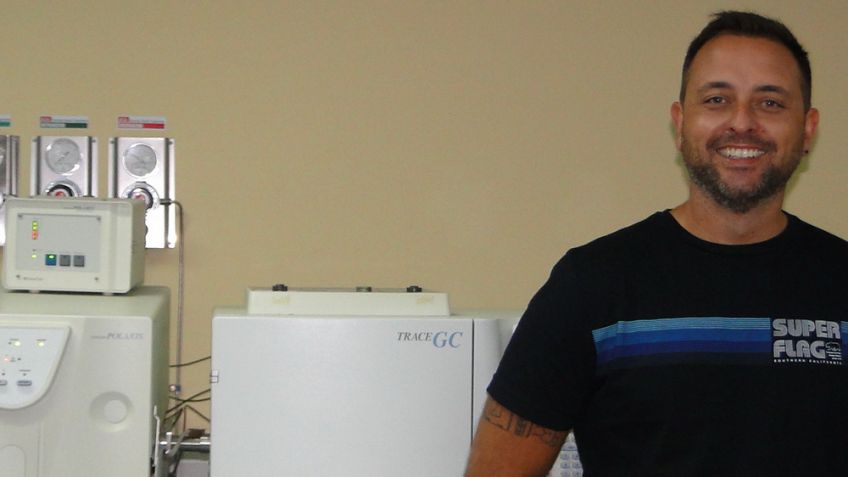Olavarría’s first experimental cannabis cultivation project is making steady progress. On Monday, the housing module where the processes will be carried out was installed on the premises of the Faculty of Engineering of Olavarría.
The space was donated by a local company, it doubles the area projected at the beginning and there is a lot of expectation to start working, said the researcher from the Faculty of Engineering and director of the project, Dr. Gastón Barreto. The Faculty of Social Sciences, the María Auxiliadora Clinic and the Cannabis Activa Olavarría organization are also part of the initiative.
A search with a happy ending
The project was approved at the end of 2020 within the framework of a call from the Secretary of Science, Art and Technology of UNICEN. From there, the working group began to think about places where to install the cultivation of cannabis genetics that are used locally for medicinal and therapeutic purposes.
The importance of a space of its own lay in having security measures and access control to it. “All the places that we could use in the complex’s buildings were common spaces, where these issues became quite complex,” explained Barreto. That is why the first months of the year were dedicated to the search for a container or something similar that meets the characteristics of an independent place. “It is a completely exclusive space, where access will be limited so as not to generate contamination due to the entry of people or other agents, since internal variables must be controlled all the time,” he said.
The identity of the project was also influenced, said the chemist: “Being an interdisciplinary project with several external legs to the Faculty of Engineering, it was more comfortable and autonomous for us to insist on a space apart from the buildings where other totally different activities are carried out”, he pointed.
The housing module was loaned by the IMPO company. It is thermally insulated and measures 32 square meters, double what was originally planned. It arrived folded and was assembled in hours, a few meters from the FIO Chemical Engineering and Food Technology building. “We are going to use a little more than half of the total surface, because we already have the calculation and the funds destined to the variable control system for the original square meters,” explained Gastón Barreto.
Inside there, divisions will be made to contain a growing sector for flowering and vegetative purposes, a sanitation space to eliminate external pollutants and a workspace for the members of the project. In addition, there are possibilities to set up a place for the analysis of the drying and curing process of the material, in case the project grows towards new scientific challenges.
Green future
Although in principle the cultivation was going to work with two species of cannabis that are currently used, the project director announced that a third species will be incorporated, high in CBD and low in psychoactivity, which aims to take the first steps in what such once it will be a local production project. This scenario is presented before the interest of the Laboratory of Public Production of Medicines installed in the Municipal Hospital that, in line with the National Agency that brings together these entities throughout the country, plans to replace the import of cannabis derivatives with uses in the medium term. medicinal, therapeutic and palliative. “It is the immediate productive objective at the national level”, assured Dr. Gastón Barreto.
The main objective of the experimental culture will be to carry out a qualitative and quantitative monitoring of the evolution of the known bioactive species (THC, CBD, CBN, carylene, myrcene, linalool and limonene). In parallel, the information will be systematized by virtue of the medical treatments that are currently being carried out with derivatives of the same genetics that are going to be cultivated. For that, knowledge of chemistry, medicine, anthropology and popular knowledge will be crossed.
This synergy is the heart of the initiative, of great social relevance. “The outlook is now much better thanks to the collaboration of IMPO and particularly Gonzalo Atchugarry, who made this module available to start working in more than satisfactory conditions”, thanked the professor of the Faculty of Engineering.





